Can the FDIC Protect Your Money From Another Crash?
The first of a planned three-part series on the dangers of private banking highlights government documents describing plans to confiscate the deposits of individuals as well as cities, universities, counties and pension funds when another banking crash occurs.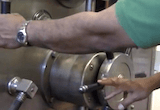
The first of a planned three-part series on the dangers of private banking highlights government documents describing plans to confiscate the deposits of individuals as well as cities, universities, counties and pension funds when another banking crash occurs.
The film below, titled “Money Is Not Safe In The Big Banks,” was created by public banking advocates active in Philadelphia. The film encourages public officials to put funds they’re charged with keeping safe in institutions that do not engage in Wall Street-style derivatives gambling.
The filmmakers point out that holders of derivatives (contracts of payment based on the value of certain assigned assets and other complicated financial concepts) are first in line in the event of a bankruptcy — before shareholders, creditors and average citizens like you and me.
Mike Krauss, a former executive director of the Pennsylvania Republican State Committee, a founding director of the Public Banking Institute and chair of the Pennsylvania Project, says in the film:
It could well be that local government deposits are at risk in the event of the ‘bail-in’ of one of the major banks on Wall Street when they next fail. Those are unsecured deposits. Now Wall Street likes to say they’ve been collateralized, but the derivatives holdings of the major banks ($700 trillion) is several times the world’s Gross Domestic Product ($70 trillion). There isn’t enough money in the world to cover major losses in that market, so if they start to go down, first the counter parties to derivatives get covered. That’s the new law — they get their money first. You get your money — you an individual depositor or you a city — if there’s any left.
What depositors might get instead, Krauss says, is equity in the bank. In the case of municipal treasurers, “instead of having $400 million to meet your city’s payroll, you may have $200 million and $200 million in new stock in the bank in which you’ve just become a shareholder. But try meeting a payroll in stock in a failed bank.”
Furthermore, the video states that the organization charged with protecting deposits in the event of a bank failure — the Federal Deposit Insurance Corporation — has only enough cash to cover .25 percent of all deposits and .0008 percent of banking derivatives.
— Posted by Alexander Reed Kelly.
publicbankingtv:
Your support matters…Independent journalism is under threat and overshadowed by heavily funded mainstream media.
You can help level the playing field. Become a member.
Your tax-deductible contribution keeps us digging beneath the headlines to give you thought-provoking, investigative reporting and analysis that unearths what's really happening- without compromise.
Give today to support our courageous, independent journalists.
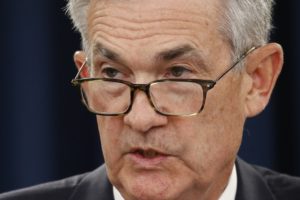

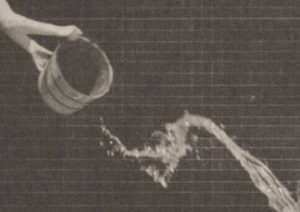
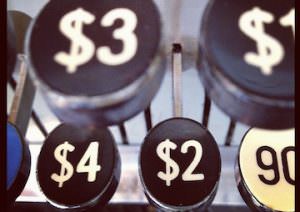
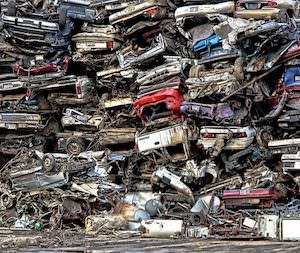

You need to be a supporter to comment.
There are currently no responses to this article.
Be the first to respond.